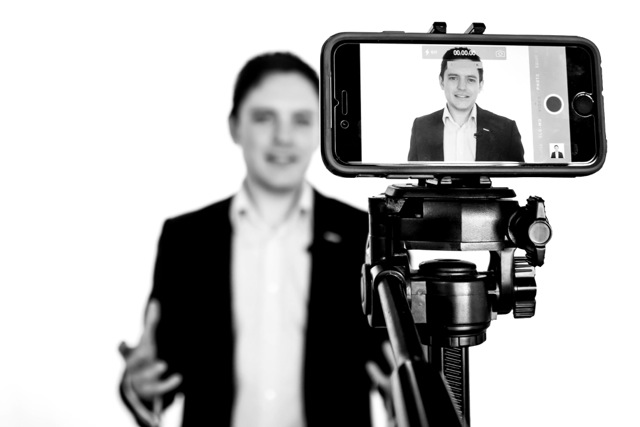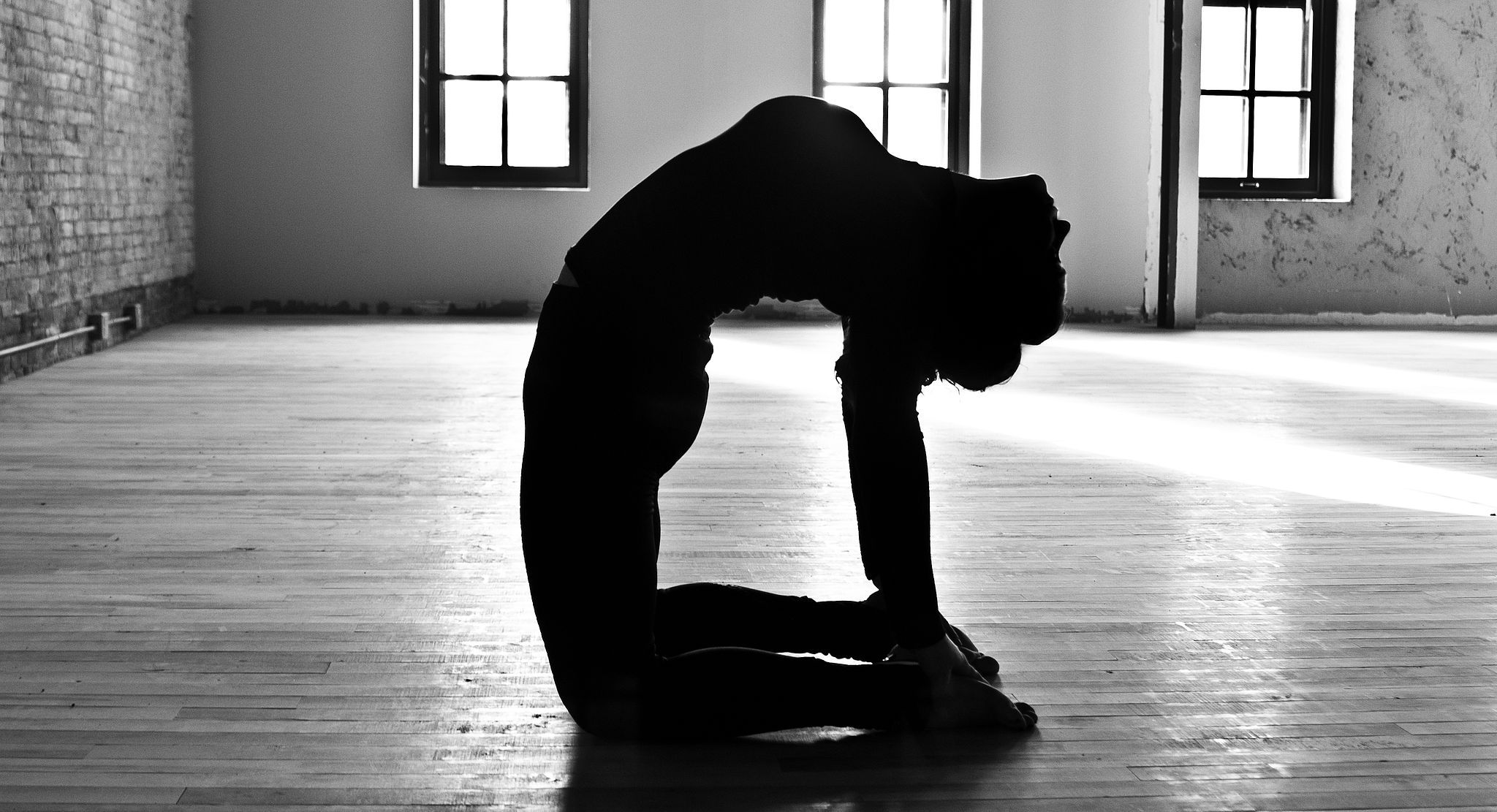It’s been a busy few weeks. Since November 1st I’ve been up and down the East Coast Mainline more times than I care to remember, delivered 10 days of training for a total of 152 delegates, been photographed for a magazine feature, run my first ever webinar, compered a 3-day conference for 300 people and won a small business award. The most exciting thing of all though, has been meeting and working with three of my heroes. This month I’ve been lucky enough to spend time with Sir Clive Woodward (World Cup winning rugby coach), Richard Reed (founder of, in my opinion, one of the coolest companies in the UK, Innocent Smoothies) and Daniel Priestly (author of the best selling books Key Person of Influence, Entrepreneur Revolution and Oversubscribed).
When I spoke with them, all three shared some amazing insights into business, performance and success, however the most striking thing for me was how evangelical all three of them were about the need to have a coach or mentor if you want to achieve your dreams.
When you think about it, it’s obvious. Look at any olympic athlete, premiership football team, Hollywood actor or FTSE 100 CEO, they all have coaches and mentors, people who can offer an outside perspective, help them to focus on the important tasks and ultimately enable them to perform at the top of their game. If you’ve ever been lucky enough to work with a personal trainer, you’ll know how much quicker you get the results you are looking for compared to turning up at the gym on your own, floating about from machine to machine and doing whatever exercises take your fancy.
Why is it then that so many “normal people” don’t see coaching as important and urgent? They see it as the icing on the cake rather than the foundation for success. So many business owners put off investing in themselves until they’re making more money – If a football club waited until they’d won a few games before they bothered getting a Manager, you’d think they were mad! So many companies offer their staff training if they hit their targets, rather than offering their staff training to make sure they hit their targets – If the GB cycling team had just gone out for a few practice rides whenever they felt like it and waited to employ Dave Brailsford and his team until after they’d won a few races, they would never have taken gold at London 2012. So many talented individuals wait to work on their “soft skills” until they get promoted – If Rene Zellweger had waited to get a voice coach to work on her English accent until after the Bridget Jones movie was a box office hit, there would have been no box office hit.
The “normal’ approach doesn’t work. Extraordinary people have a coach. It helps move the dial in the right direction. It holds you to account. It makes you show up as the best version of yourself. For the last twelve months I’ve been working with not one but three coaches and it’s been a complete game changer for me. There have been moments when I have questioned the financial investment. There have been moments when I’ve wanted to hide from their scrutiny. There have been moments when I felt like I was too busy to make time for our sessions. But ultimately it’s made me better at what I do. It’s helped me serve my own clients better and it’s enabled me to have a month like November.
The reality is that we don’t invest in a coach to learn a technique or a methodology, we invest in a coach to achieve a result. My one-to-one clients don’t come to me to improve their presentation skills and performance. Not really. They come to me to get more confidence, make more sales, become better leaders, achieve expert status, negotiate better deals and have more influence.
As we head into December it’s time to start reflecting on the year that’s past and planning for the year to come. Don’t just take my word for it… If you want to make 2016 your best year yet, listen to Sir Clive Woodward, Richard Reed and Daniel Priestly… Get a coach!
If you’re interested in finding out how you can work with me to kick start your year click HERE. If I’m not the right fit, that’s fine, I just urge you to get out there and find someone who is. You won’t regret it.
Keep shining!
Dominic
















